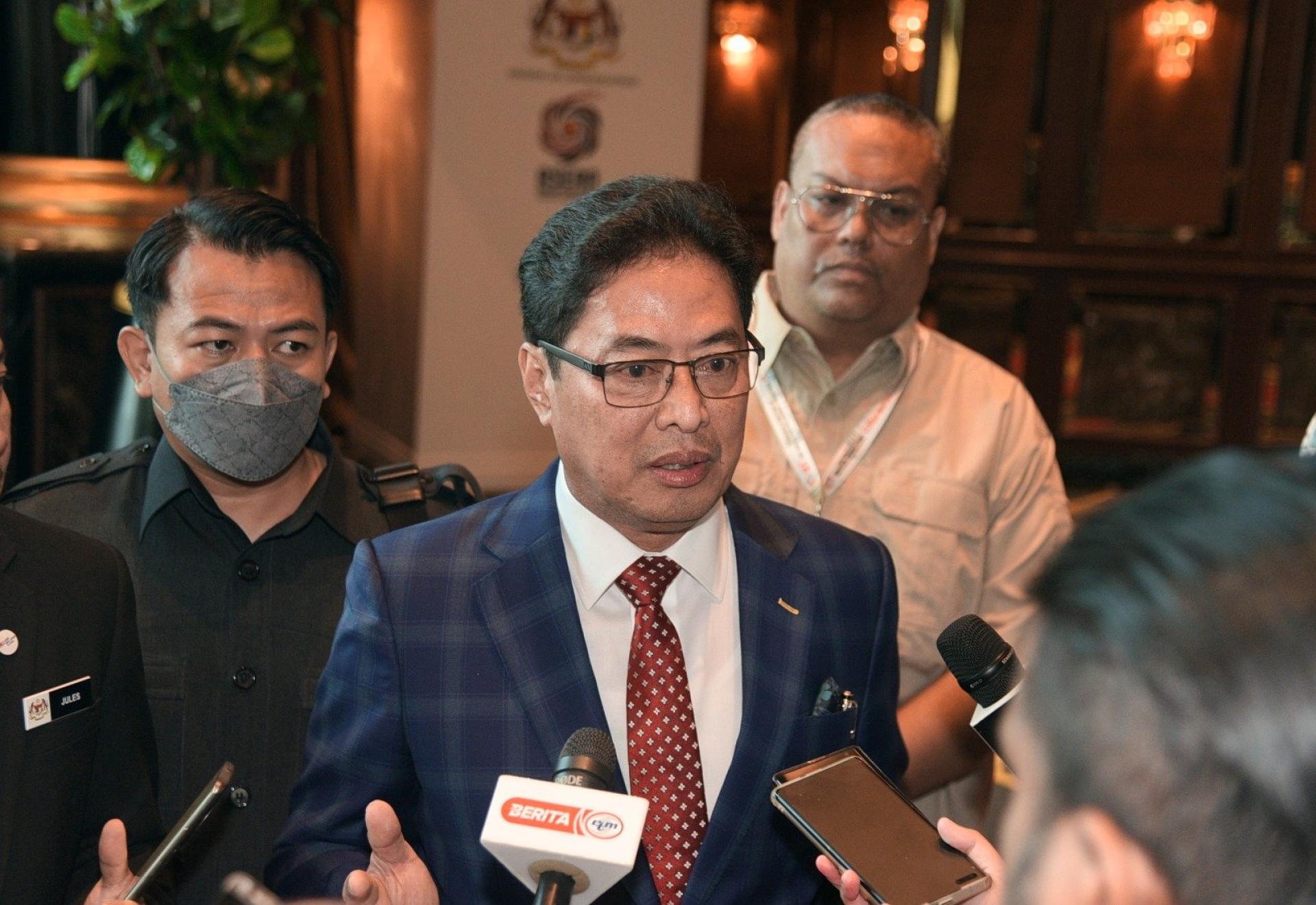Malaysian Anti-Corruption Commission (MACC) Chief Commissioner Tan Sri Azam said that ASEAN needs to strengthen the role that the private sector should play in combating corruption, in combination with effective governance reforms and enforcement.
Today (28th), after the opening of the 21st ASEAN Parties Against Corruption (ASEAN PAC) meeting, he reminded during a media interview that anti-corruption efforts should not rely solely on enforcement and legislation.
On the contrary, he pointed out, there is also a need to strengthen a culture of ethical, compliant, and integrity-based governance in businesses.
Therefore, the Anti-Corruption Commission invited private sector experts to the ASEAN PAC meeting to share their experiences and propose action plans, among other things.
"We invited numerous experts from the United Nations Development Programme (UNDP), the Organisation for Economic Co-operation and Development (OECD), the International Anti-Corruption Academy (IAC), as well as from 11 ASEAN countries."
He continued that, as the Chair of the ASEAN PAC until next year, the MACC has taken the lead in strengthening both the public and private sectors’ understanding of laws, governance processes, and ethical business conduct.
"Sometimes, perceptions of corruption stem from misunderstandings. When businesses encounter difficulties dealing with public sector departments, they may think it’s a corruption issue, but in fact, it may just be due to poor governance."
"In fact, the Corruption Perceptions Index (CPI) is showing a downward trend, and some research indicates that one of the reasons is that many businesses lack understanding of how government departments combat corruption and the relevant laws."
